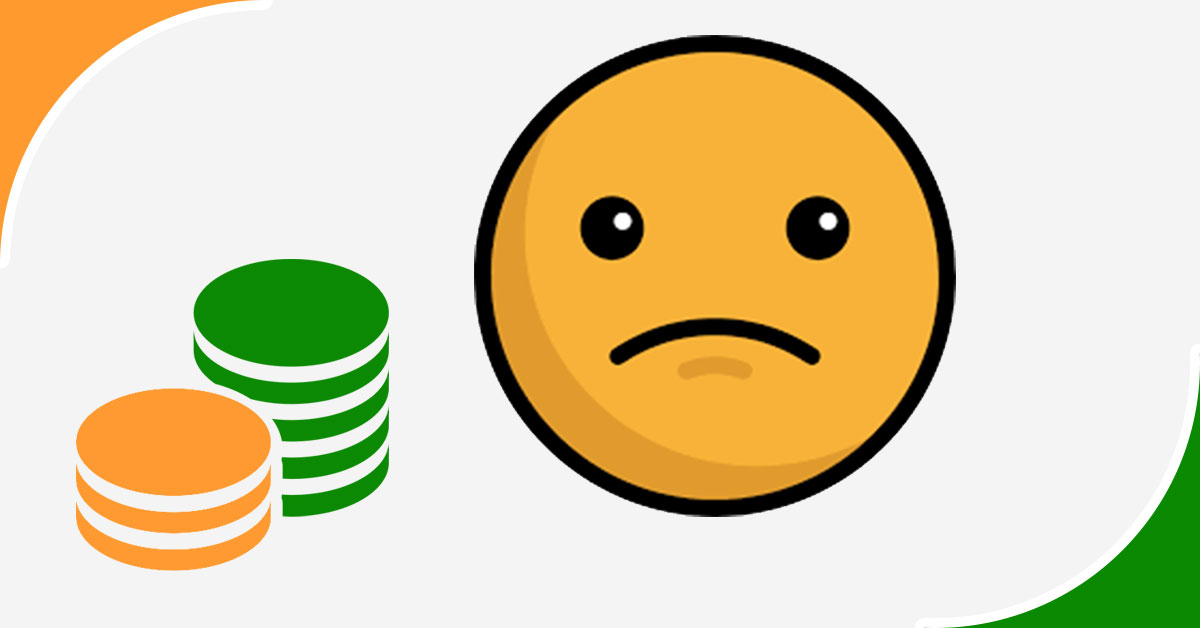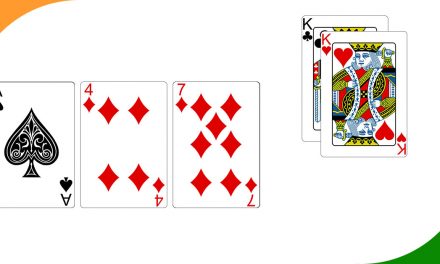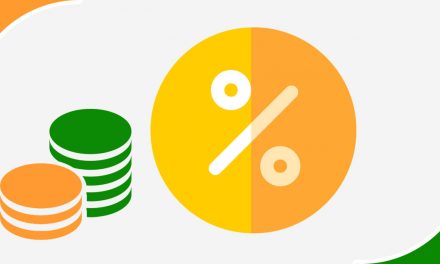“It was just a bad beat”. How often have you heard or said this sentence? Likely too many. It’s always harder than what you think decide whether a single hand lost was or was not a bad beat and in most of the cases, “bad beat” is just an excuse for a clear or subtle mistake.
How can you spot a real bad beat then? Let’s find it out
Bad beats, cooler and nasty spots
Let’s say you are playing versus a very tight player and with 77 you hit a set on a 7c5c2d flop after calling a preflop raise. The tight player bets big on the flop. Usually it means he has a strong overpair, doesn’t it? You decide to call and on a turn like a 8c, he goes all in, you call. He has AA. River falls. Ace. Your set is beaten.
Is that a cooler? Yes. Could you avoid it? No. Bad luck, next hand.
Now let’s analyze the very same spot but instead versus a tight player, let’s assume this time you are playing against a very aggressive player. It changes EVERYTHING.
Error #1: First of all, it’s questionable to call preflop just to try to mine a set (in case you missed it, here all you need to know about the set mining strategy). Your opponent is loose aggressive, so he has a wide range of hand he’s comfortable to play with. Being involved in the hand might be the error #1.
Error #2: on a connected flop like 7c5c2 you surely did hit a great hand, but it might be a dangerous spot with many turns and rivers, so raising rather than calling is a better move.
Error #3: the 8c on the turn is a great card for him to bet, representing a flush or a straight – he’s aggressive after all – but it’s also a very dangerous card for your set, exactly because it closes all the draws that might fall in the range of your opponent’s preflop raise and flop cbet. Should you call the all in at this point? It’s extremely hard to tell.
Bad beats: how to handle them
From the example above, you should have understood the point: the same board played versus different opponents at different times might change completely the situation from a cooler to a misplayed hand. How can you then analyze the situation and take the right decision on the hand? Two easy ways:
Hands review: it’s vital you keep reviewing your game. Money won at poker comes mostly from great post session analysis and discussions about how a hand has been played. If you label every “unlucky” hand as a “cooler”, you will not ever learn how to play poker because you CANNOT be right about the ALL the coolers. See our poker strategy section!
Sometimes you are unlucky, most of the times hands could have been played differently and you could have saved you some money.
Stay cool: as you already know if you are reading this article, poker is a long term game where skills will always beat good or bad luck. Stop tilting! If you are 100% sure it was just a bad beat, just let it go, these money will come back sooner or later, because the very same situation will be reversed in your favour.
Bad beats: last advice
If you could not avoid a nasty spot and losing your chip stack, it’s fine. Just remember to play managing in a smart way your bankroll. As long as you can play many games with your bankroll (here more on bankroll management) and you don’t make silly mistakes, bad beats will just be a temporary part of the game.






